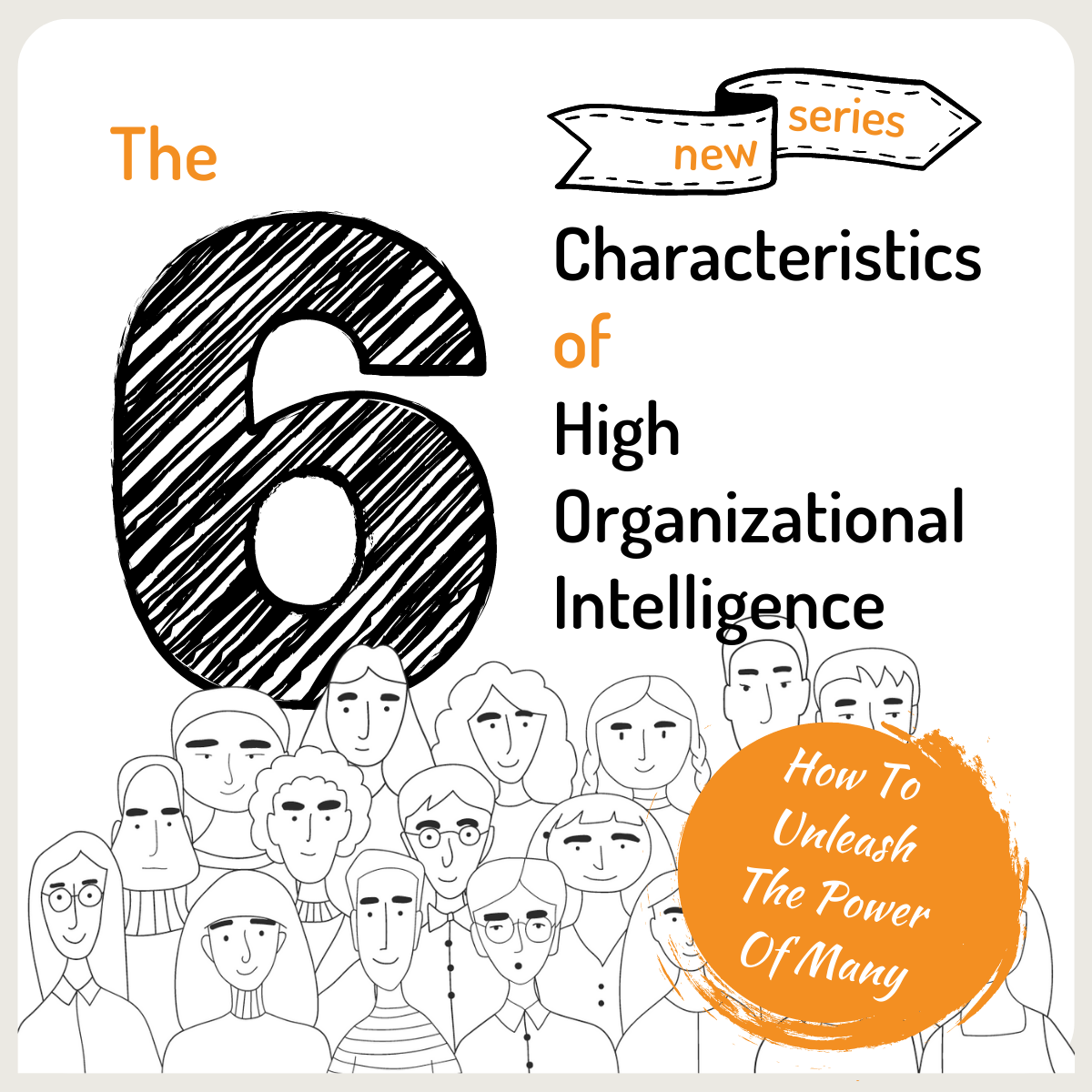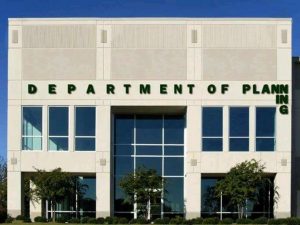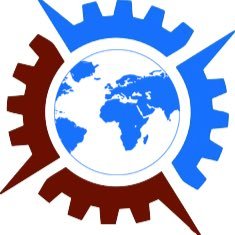The Concept of Intelligence
What is your image of a highly intelligent person? Is it the image of a scientist solving problems that you do not even understand? Science tells us to go beyond such a simplistic understanding of intelligence. It is the starting point for deriving characteristics of high organizational intelligence.
Today we need to know that there are many aspects of intelligence. Robert Sternberg’s Triarchic Theory of Intelligence divides intelligence into three categories: analytical, creative, and practical intelligence. It is fairly easy to understand and gives an idea of the many ways to think about intelligence. Other theories are more complex and deal with more categories (e.g. one of the most cited theories by Howard Gardner talks about 8 to 10 categories).
There is no single truth about measuring intelligence. Intelligence is a social concept that even varies from culture to culture. However, careful consideration of relevant aspects of intelligence is a viable approach to determining the value of skills and tools.
InteractiNG, DeciDING, and Sharing Knowledge
Now that we are going to talk about organizations, it is necessary to have some characteristics for high organizational intelligence at hand. Today, many psychologists refer to intelligence in a more abstract way as the a) ability to learn from experience, b) solve problems, and c) adapt to new situations. This definition can be applied to individuals as well as organizations, so it gives us some guidance in here.
However, organizational intelligence is different from individual intelligence; it is not simply the sum or average of individual intelligence. Rather, we look at the interactions of many. It is about how an organization is affected by and deals with complexity and change. Characteristics of high organizational intelligence are much more related to the quality of interactions, decision making, and knowledge sharing.
Deriving 6 Characteristics of high organizational intelligence
It is easy to look at the implementation of intelligent collaboration frameworks in organizations and derive characteristics from the practices. We have chosen characteristics that are implementation agnostic. Although modern frameworks bring benefits to many organizations, they are not a suitable blueprint for every organization. Even a very traditional leadership style can lead to high organizational intelligence – as long as it fosters the right characteristics.
The following characterstics of high organizational intelligence have been derived from information available in the internet and our extensive experience working with multi-project organizations over many years:
- UNITY In Shared Goals
- DIRECTNESS of Communication (coming soon)
- EFFICIENCY in Decision-Making (coming soon)
- TRANSPARENCY about Activities & Opportunities (coming soon)
- UBIQUITY of Assistive Technology (coming soon)
- ACCESSIBILITY of Knowledge (coming soon)
Are you interesting in reading more about each of the characteristics? Click on the links.
We are interested in your feedback. Do you like the concept? Please rate it!
What do you think about the 6 characteristics of high organization intelligence? Are they making sense to you or is anything missing? Leave a reply with your view!
Here are some thoughts about Maximizing Organizational Intelligence – Mission, Vision, and Big Idea.






